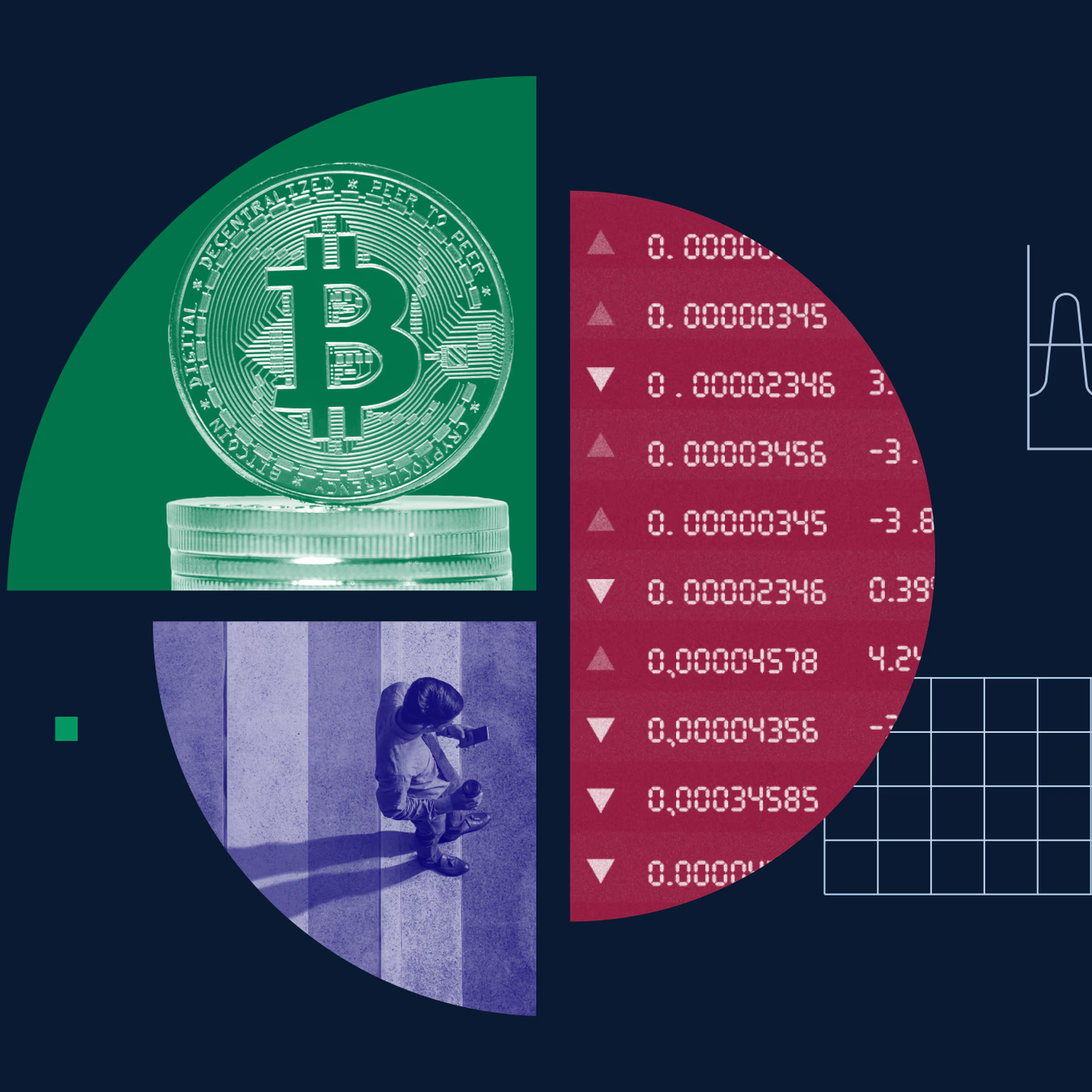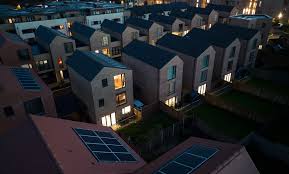Homeowners not leveraging available technology to reduce energy costs and emissions: SE
Schneider Electric, the
leader in the digital transformation of energy management and automation, today
released the third edition of its consumer survey in a white paper titled Evolving
home energy consumption: Intentions, actions and hurdles to greater home energy
efficiency. It surveyed 13,000 people from 11 countries across the world,
with 1,000 respondents from India, uncovering global attitudes toward household
energy efficiency, sustainability and smart home technology.
Gap between awareness and action
Home energy consumption
is the main driver of home emissions and has increased steadily over recent
years with the spread of energy-consuming devices and appliances. This trend,
coupled with skyrocketing energy costs and dramatic real-life impacts of
climate change, has driven awareness of home energy consumption.
Given this, the
report focuses on behaviors, barriers and readiness to adopt energy-saving
solutions. Notably, this year’s results highlight a wide gap between
awareness and action. 82% of respondents consider energy efficiency
"somewhat important" or "very important," whilst 84% said
energy efficiency is the top desired home improvement, and 70% responded that
reducing their carbon footprint is ‘important’ to them.
However, only a few are taking the most impactful
actions to reduce their energy consumption; just 44% regularly adjust their
ambient temperatures, despite this being one of the highest-impact actions. At the same time, 58% of
homeowners turn off lights as their primary strategy for saving energy, while
lighting only comprising around 5% of electricity bills. The second-most
popular method, unplugging unused chargers (48%), also has minimal impact —
saving only $0.26 per charger annually.
Home energy technology
The report reveals another
overemphasis on lighting when it comes to the types of home energy technology
consumers have in their homes, with 52% of consumers believing that smart
lighting enhances energy efficiency. While 24% own smart lighting, only 21% have
a smart thermostat, with less than half (46%) acknowledging its energy-saving
benefits, despite evidence showing it could reduce bills by up to 30%
annually.
For the first time, the survey explored attitudes toward
artificial intelligence (AI). Despite predictions that AI and automation could help mitigate up
to 10% of global GHG emissions, 44% of respondents said they
would never rely on AI for household tasks, 35% don’t fully understand it, and
41% want to actively avoid it. In addition, 52% believe smart home technology
is too expensive, even though connected homes can achieve energy savings of up
to 22%.
The survey also shows an awareness
gap for more traditional home technology: 30% of respondents don’t know what
their electrical panel does, and 16% don’t know its location. The electrical
panel is at the heart of the home’s power system and acts as the gatekeeper for
ensuring the safety of electrical devices and appliances, therefore this lack
of knowledge poses potential serious safety risks if the condition of the panel
is ignored as homes become more electrified.
Ms. Sumati Sahgal, Vice
President, Retail, Schneider Electric India, said, “While
there is an intent from consumer for increase energy efficiency, there is
a crucial gap between awareness and action. While a majority of consumers
recognize the importance of energy efficiency, the most impactful solutions
remain underutilized. As India moves towards a more sustainable and electrified
future, it is imperative to empower homeowners with the right knowledge of how
to bring efficiency in their energy consumption. At Schneider Electric, we are
committed to bridging this gap by offering innovative, connected solutions like
WISER that offers easy and scalable automation for enhanced comfort and
convenience along with advanced energy management capabilities.”

































Leave A Comment